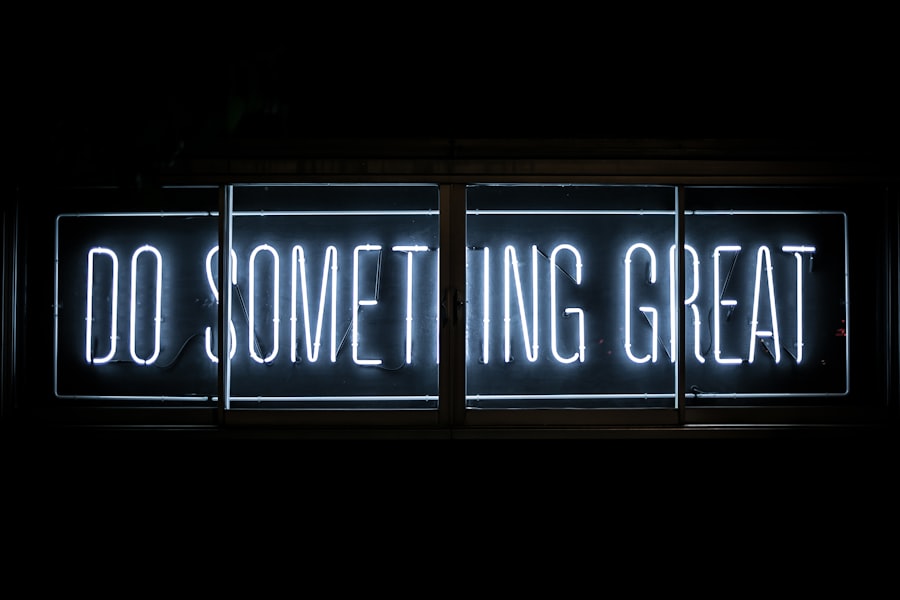A cover letter is an essential component of the job application process, serving as an introduction to potential employers and highlighting an applicant’s suitability for a position. It provides an opportunity to showcase personality, skills, and achievements in a more personalized manner than a resume. A well-written cover letter can distinguish candidates from their competitors and demonstrate enthusiasm for the role and organization.
The cover letter complements the resume by offering context and insight into qualifications and motivations. It also allows applicants to address potential concerns in their resume, such as career transitions or employment gaps, and explain how their experiences have prepared them for the position. The primary objective of a cover letter is to persuade employers to consider the applicant for the role and secure an interview.
Additionally, a cover letter functions as a writing sample, enabling employers to evaluate communication skills, attention to detail, and professionalism. It provides insight into the applicant’s writing style and ability to effectively articulate thoughts and experiences. Consequently, it is crucial to approach the cover letter with diligence, ensuring it is well-crafted, error-free, and tailored to the specific job and company.
Understanding the purpose of a cover letter allows applicants to approach the writing process with clarity and intention, maximizing its impact on potential employers.
Key Takeaways
- A cover letter should clearly communicate the purpose of applying for a specific position and why you are the best fit for it.
- Your unique value proposition should be highlighted in the cover letter to differentiate yourself from other candidates.
- Tailoring your cover letter to the job description shows that you have taken the time to understand the role and are genuinely interested in it.
- Use your cover letter to showcase your accomplishments and skills that are relevant to the job you are applying for.
- Personalize your cover letter to the company by researching its values, culture, and mission, and aligning your own values with them.
Identifying Your Unique Value Proposition
Defining Your Unique Value Proposition
When crafting a cover letter, it is essential to identify and articulate your unique value proposition – the specific value you bring to the role and the company that sets you apart from other candidates. This involves reflecting on your skills, experiences, and accomplishments and determining how they align with the requirements and expectations of the job. Your unique value proposition should highlight what makes you a valuable asset to the company and why you are the ideal candidate for the position.
Identifying Your Key Strengths and Achievements
This may include specific achievements, relevant expertise, or unique strengths that demonstrate your ability to contribute to the company’s success. To identify your unique value proposition, consider what sets you apart from other candidates and how your background and skills can address the company’s needs and challenges. Reflect on your professional accomplishments, leadership experiences, problem-solving abilities, and any specialized knowledge or training that is relevant to the role.
Emphasizing Your Personal Qualities
Additionally, consider how your personal qualities, such as adaptability, creativity, or resilience, can contribute to the company’s culture and goals. By identifying your unique value proposition, you can tailor your cover letter to emphasize the specific ways in which you can make a meaningful impact on the company.
Tailoring Your Cover Letter to the Job Description

One of the most important aspects of writing an effective cover letter is tailoring it to the job description. This involves carefully reviewing the job posting and identifying the key requirements, qualifications, and responsibilities outlined by the employer. By understanding what the company is looking for in a candidate, you can customize your cover letter to directly address how your skills and experiences align with their needs.
Tailoring your cover letter demonstrates your genuine interest in the position and shows that you have taken the time to understand the company’s requirements. To tailor your cover letter to the job description, start by highlighting the specific qualifications and experiences that are most relevant to the role. Use keywords and phrases from the job posting to demonstrate that you possess the necessary skills and competencies.
Additionally, provide specific examples of how your past experiences have prepared you for the responsibilities outlined in the job description. By directly addressing the company’s needs and demonstrating how you can fulfill them, you can make a compelling case for why you are the best candidate for the position.
Showcasing Your Accomplishments and Skills
In addition to tailoring your cover letter to the job description, it is essential to showcase your accomplishments and skills in a compelling way. This involves providing specific examples of how your past experiences have contributed to your professional growth and success. Highlighting your accomplishments demonstrates your ability to deliver results and adds credibility to your qualifications.
It also allows you to differentiate yourself from other candidates by showcasing tangible evidence of your capabilities. When showcasing your accomplishments and skills in your cover letter, focus on quantifiable achievements and outcomes whenever possible. Use metrics, such as percentages, numbers, or dollar amounts, to illustrate the impact of your contributions in previous roles.
Additionally, emphasize any unique skills or expertise that are particularly relevant to the position you are applying for. By providing concrete examples of how you have excelled in past roles and how your skills align with the company’s needs, you can make a strong impression on potential employers.
Personalizing Your Cover Letter to the Company
Personalizing your cover letter to the company is another crucial aspect of creating a compelling application. This involves conducting research on the company’s mission, values, culture, and recent developments to gain a deeper understanding of their priorities and goals. By incorporating this knowledge into your cover letter, you can demonstrate your genuine interest in the company and show that you are aligned with their vision and objectives.
To personalize your cover letter to the company, consider referencing specific initiatives, projects, or achievements that resonate with you and relate to your own experiences or values. Additionally, highlight how your skills and background can contribute to the company’s success and help them achieve their objectives. By demonstrating a strong understanding of the company’s culture and goals, you can convey your enthusiasm for the opportunity and make a compelling case for why you are a good fit for their team.
Using Language and Tone that Reflects Your Personality

Striking the Right Balance
Your cover letter should reflect your personality while maintaining a professional demeanor. This involves striking a balance between conveying enthusiasm and confidence while remaining respectful and courteous. Your cover letter should be written in a clear and engaging manner that captures the reader’s attention and leaves a positive impression.
Authenticity and Professionalism
When using language and tone in your cover letter, aim to be authentic and genuine while also showcasing your professionalism. Avoid using overly formal or generic language that may come across as insincere or impersonal. Instead, infuse your cover letter with warmth and personality while maintaining a level of professionalism that aligns with the expectations of the industry and company culture.
Creating a Memorable Impression
By using language and tone that reflects your personality, you can create a memorable impression on potential employers while conveying your qualifications and enthusiasm for the role.
Proofreading and Editing for a Polished Final Product
After crafting your cover letter, it is essential to thoroughly proofread and edit it to ensure a polished final product. This involves reviewing for grammatical errors, spelling mistakes, typos, and inconsistencies in formatting or language usage. A well-edited cover letter demonstrates attention to detail and professionalism while ensuring that your message is communicated clearly and effectively.
When proofreading and editing your cover letter, consider seeking feedback from trusted colleagues or mentors who can provide valuable insights and suggestions for improvement. Additionally, take advantage of online tools such as grammar checkers or proofreading software to catch any overlooked errors or areas for refinement. By investing time in proofreading and editing, you can present a polished final product that reflects your commitment to excellence and increases your chances of making a positive impression on potential employers.
In conclusion, crafting an effective cover letter requires careful consideration of its purpose, identifying your unique value proposition, tailoring it to the job description, showcasing accomplishments and skills, personalizing it to the company, using language and tone that reflects your personality, as well as proofreading and editing for a polished final product. By approaching each aspect with intention and attention to detail, you can create a compelling cover letter that sets you apart from other candidates and increases your chances of securing an interview for your desired position.
If you’re looking to improve your job search skills, you may also be interested in learning about interview techniques to help you get the job. This article provides valuable tips for acing your interview and making a lasting impression on potential employers. Mastering the art of the cover letter and interview can greatly increase your chances of landing your dream job.
FAQs
What is a cover letter?
A cover letter is a document sent along with your resume to provide additional information on your skills and experience. It is typically used to introduce yourself to a potential employer and explain how your qualifications make you a good fit for the job.
Why is it important to write a cover letter that reflects your unique value?
A cover letter that reflects your unique value can help you stand out from other applicants. It allows you to showcase your specific skills, experiences, and achievements that make you a strong candidate for the position.
What should be included in a cover letter?
A cover letter should include a greeting, an introduction that explains why you are writing, a body that highlights your relevant skills and experiences, and a closing that expresses your interest in the position and thanks the reader for their time.
How can I reflect my unique value in a cover letter?
To reflect your unique value in a cover letter, you can highlight specific accomplishments, skills, or experiences that set you apart from other candidates. You can also tailor your cover letter to the specific job and company to show how you are uniquely qualified for the position.
What are some tips for writing a cover letter that reflects my unique value?
Some tips for writing a cover letter that reflects your unique value include researching the company and job, customizing your letter to the specific position, using specific examples to demonstrate your skills and experiences, and showcasing your personality and passion for the role.



